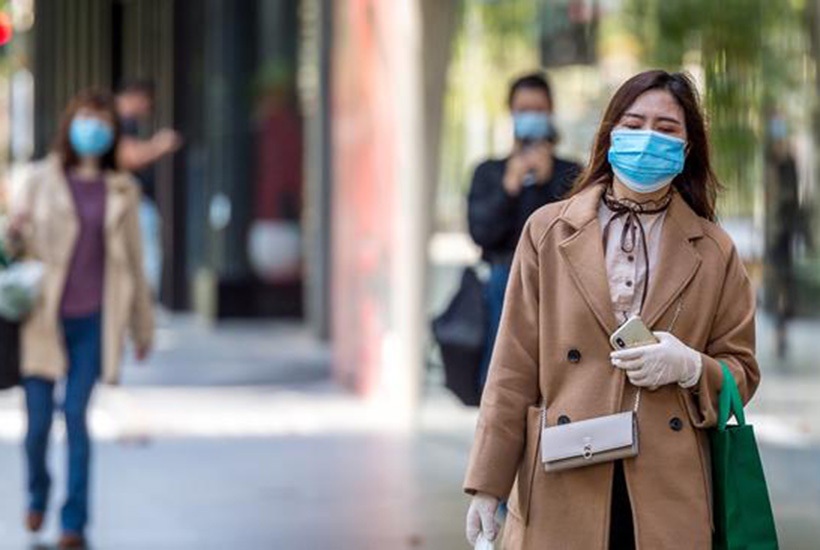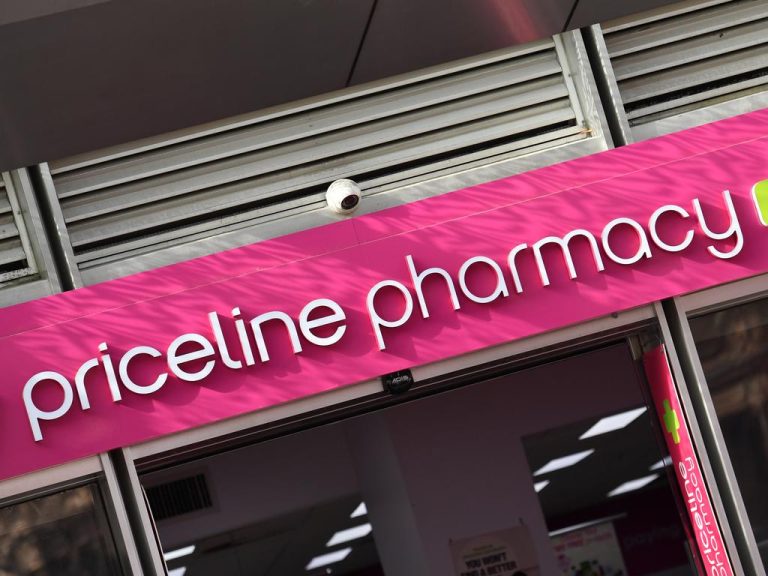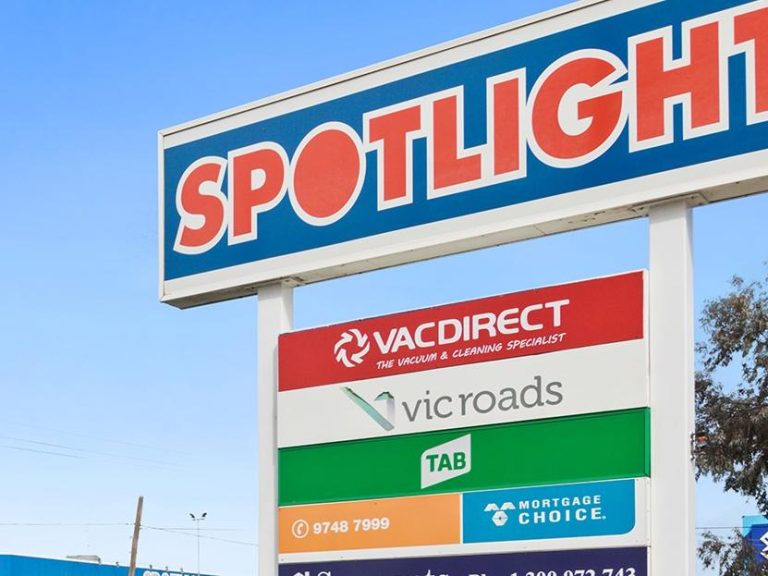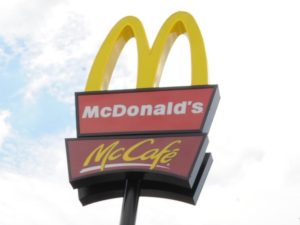The lockdown of Melbourne that has left major firms unsure when they will return to their offices and CBD retailers shuttered is hitting listed property developers and investors.
While building sites are remaining open, more retailers are tipped to follow the lead of Premier Investments in shutting down stores, with hospitality operators already facing hefty closure costs.
The Property Council of Australia (PCA) on Wednesday wrote to the Andrews government requesting an extension of stimulus to the city of Melbourne.
The peak property group is seeking expanded payroll tax waivers to help cash-strapped medium-sized businesses and further land tax relief under the Morrison government’s tenancy code.
It is also pressing for more projects to be assessed by Victoria’s recovery task force, which has approved a series of major projects, and for grants for small CBD businesses.
PCA Victoria executive director Cressida Wall dubs the challenges facing the city as unique. “The response from governments at all levels needs to be targeted at ensuring the economic impacts of the pandemic are mitigated as much as possible,” she says.
READ MORE | HOW MELBOURNE’S LOCKDOWN WILL AFFECT COMMERCIAL REAL ESTATE
Shopping centre landlords face another hit at time when rental collections are poor and relief deals with major chains are yet to be struck for the earlier closures.
Morgan Stanley analyst Simon Chan says the listed Vicinity Centres is the most Victoria-exposed REIT, with 46% of its rental income derived from Melbourne centres.
Diversified trust GPT has 44% of its retail assets and 31% of its offices in Melbourne, while Mirvac has 29 per cent of its offices in Melbourne.
Jefferies warned retail would be the most exposed sector and underperform due to closures and lack of foot traffic. Rent collection is running at only 20-30 per cent for three months to the end of June for big landlords.
Vicinity shares have slumped by about 13.2 per cent in trading since last Friday morning, GPT is down 7.3 per cent and Mirvac is off 8.4 per cent. Scentre, owner of the local Westfield empire, is least exposed to Victoria, but was off by 10.2 per cent since Friday and Charter Hall Retail REIT had slipped by close to 10 per cent, as of Wednesday night.
Property developers and landlords have also been hit, with sales on land estates expected to slow back to a trickle as online sales failed to replace direct selling during first lockdown.
Mirvac expects 49% of its future residential revenue to come from Victoria and Stockland has a third of its residential lots in Victoria, which generates about half of its residential revenue.
Jefferies says office landlords will face negative sentiment about people not going back to work and increased sublease space and underperform despite rent collections being robust against retail.
“In an environment of uncertain revenue projections, organisations have pivoted towards addressing their cost base. We have seen a number of organisations downsize their space requirements and sublease availability has started to increase,” JLL head of leasing, Australia, Tim O’Connor says.
Sydney CBD vacancy hit 7.5% and Melbourne was at 7.7%.
This article originally appeared on www.theaustralian.com.au/property.








